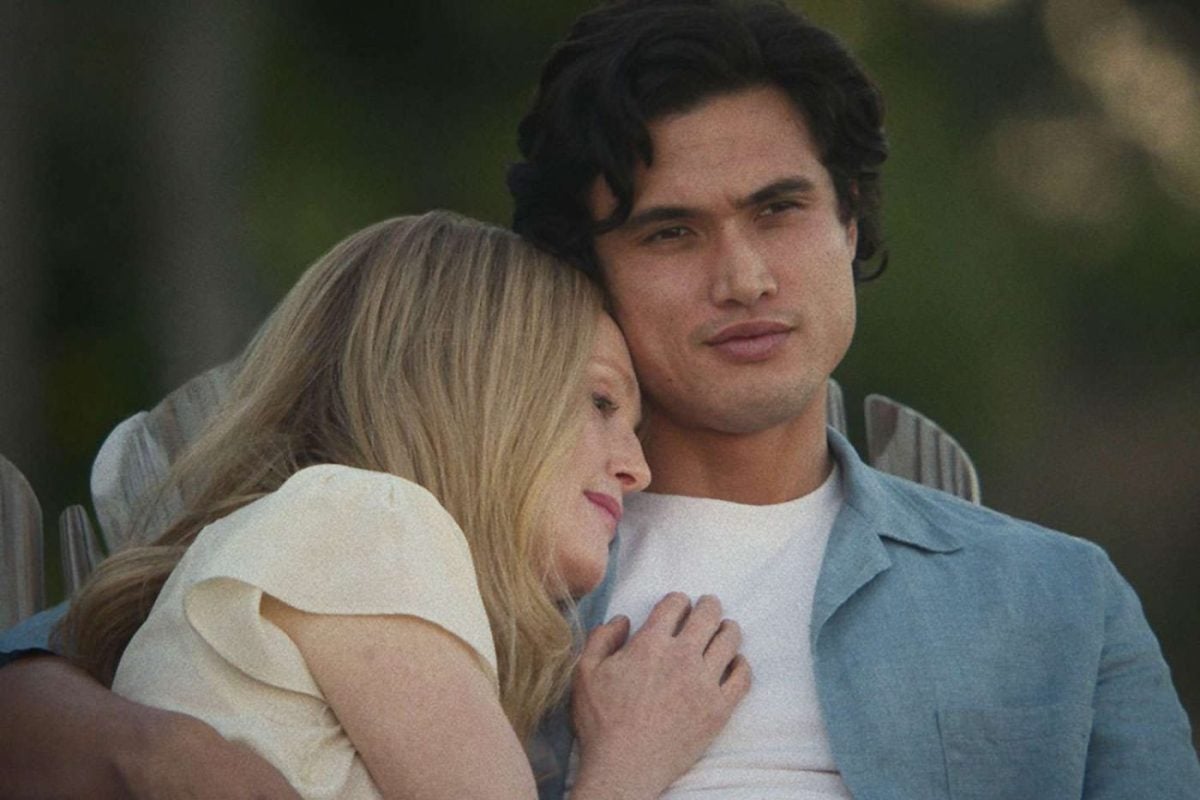It’s the year of ushering fresh new faces into the film scene. Young actors like Zendaya, Sydney Sweeney, and Jacob Elordi have become household names in the industry—the Euphoria cinematic universe top three, as some would say.
Witnessing Elordi’s career skyrocket in the last few years has been particularly fascinating. He’s gone from the teen heartthrob of the Kissing Booth films to working with prolific filmmakers like Sofia Coppola and Adrian Lyne, with many more films. While the Elordi hype is new, it’s not unusual. Every year, there seems to be a fresh new young actor that takes both the film industry and social media by storm.
However, one particular kind of actor always gets this honor: white. Whether it’s Austin Butler or Timothée Chalamet, young white male actors become household names faster than non-white actors. After the success of Barry Jenkins’s Moonlight, I expected Ashton Sanders’s career to skyrocket due to his performance in the film. And yet, that wasn’t the case. That is also not the case for breakout performer Charles Melton in Todd Hayens’s latest melodrama, May December.
Acting with titans like Julianne Moore and Natalie Portman is no small feat. Melton not only holds his own but outshines in his role as Joe Yoo, the victim of Moore’s Gracie. On its own, Melton’s performance should be enough to launch his career into great heights similar to that of Elordi’s. However, compared to the future projects adorning Elordi’s IMDb page, Melton has only one: K-Pop Lost in America.
There also seems to be a vast difference in how their respective careers took off. Melton had to prove himself in a post-Riverdale career in what seemed to be a make-it-or-break-it opportunity in Haynes’s May December while Elordi leaped from a similar teen drama, Euphoria, straight into A-lister status.
It’s hard not to draw parallels between the way someone like Charles Melton, of a mixed background of English and Korean descent, and Australian actor Jacob Elordi are treated by the industry. While Melton has received accolades for his performance in May December, recently winning best supporting actor in the 2023 Gotham Awards, it feels like a shaky foundation. Elordi has worked with prolific directors without prior merit or a “break-out performance” to bolster his sudden success in film. Melton’s more recent and revelatory success comes after proving he could leap from teen heartthrob to serious film actor.
There’s a different standard for non-white actors, because even after they “prove” themselves, they must continue to set the standard higher to get half of the opportunities white actors amass by simply existing and displaying a certain conventional standard of beauty in the lottery of genetics. It’s a frustrating precedent that seems never to end. Talented young actors of color are sidelined for white actors with arguably less skilled backgrounds to take the spotlight. While only his first after his career in Riverdale, Melton’s performance suggests he’s equipped for larger roles—roles that can showcase his range as an actor.
Meanwhile—and highly subjective, though dubiously so—Elordi seems to be given chance after chance only to serve up lackluster performances with even more painful tries at botched accents in films like He Went That Way, Priscilla, and Saltburn. All three performances in his most recent leading roles as a film star almost blend together. He uses his good looks as a crutch to mask the lack of raw talent and charisma.
Unlike Melton, there’s no sense of gravitas or nuance to his presence onscreen, and it only seems to raise his profile. Elordi also has the luxury of voicing his disappointment at the films that got him to where he is simply because they were teen films aimed at a female audience. In a recent interview with GQ, Elordi claims the Kissing Booth films are “ridiculous” projections of fantasy, revealing, “I didn’t want to make those movies before I made those movies.”
Had Melton shared similar sentiments about his role in the teen series Riverdale, he probably would’ve been seen as ungrateful. Instead, he walked the thin line quite humbly when talking about his roots in the entertainment industry. He may genuinely feel that way about his work on Riverdale, but he also knows there’s a double standard for an actor like him.
Things may be different with Charles Melton. Maybe he’ll go on to win the Academy Award for his performance in May December and embark on a long and fruitful acting career, filled with acting opportunities as versatile as his skills. Otherwise, Melton is destined to join the ranks of talented non-white actors who prove themselves to an institution determined to keep them on the sidelines.
Just think of Lupita Nyong’o, whose own streak after winning the Academy Award for 12 Years a Slave, despite some great roles, hasn’t seemed to feature the same opportunities as the likes of, say, Sydney Sweeney, who, without a single Academy Award to her name, has multiple high-profile films slated for the year 2024. While not all success can be measured by awards, there does seem to be a precedent set by whose career benefits from winning said awards and whose doesn’t—or doesn’t even need them.
(featured image: Netflix)










Published: Nov 29, 2023 03:10 pm